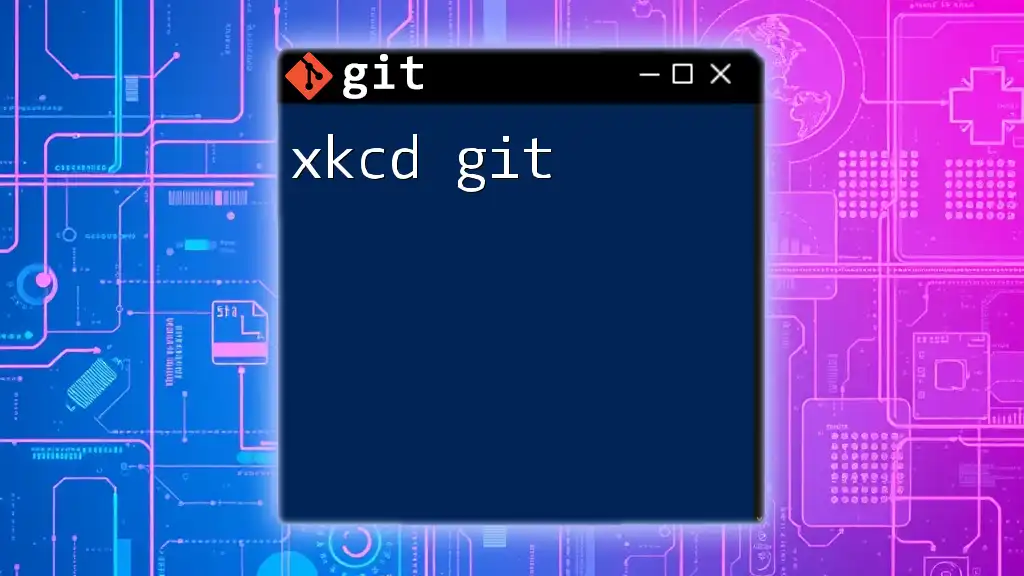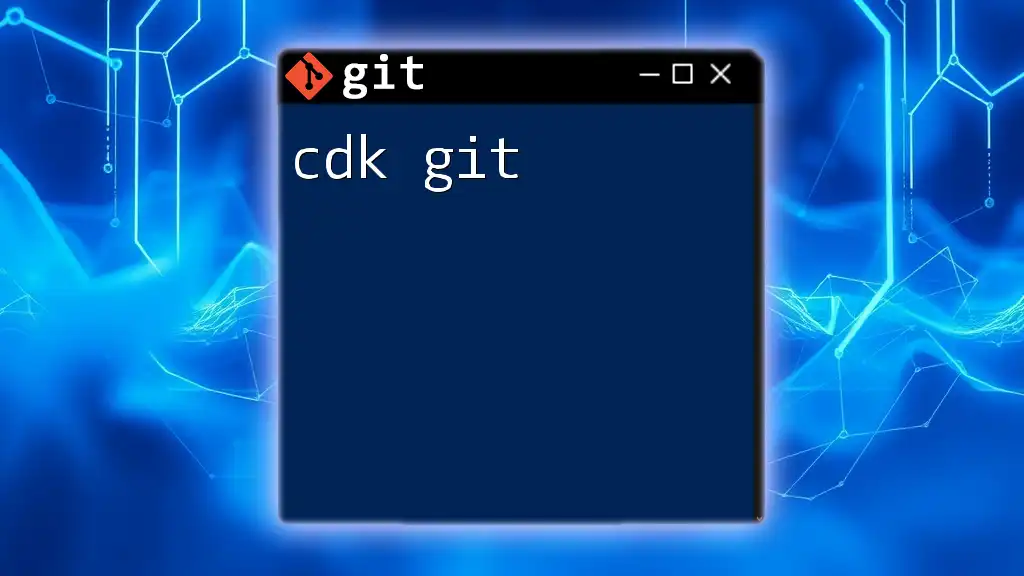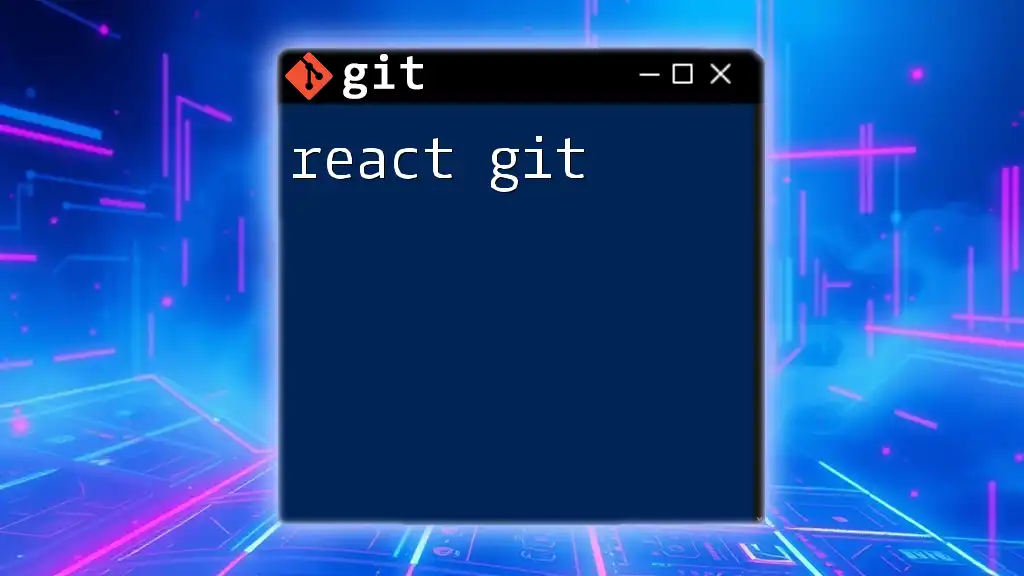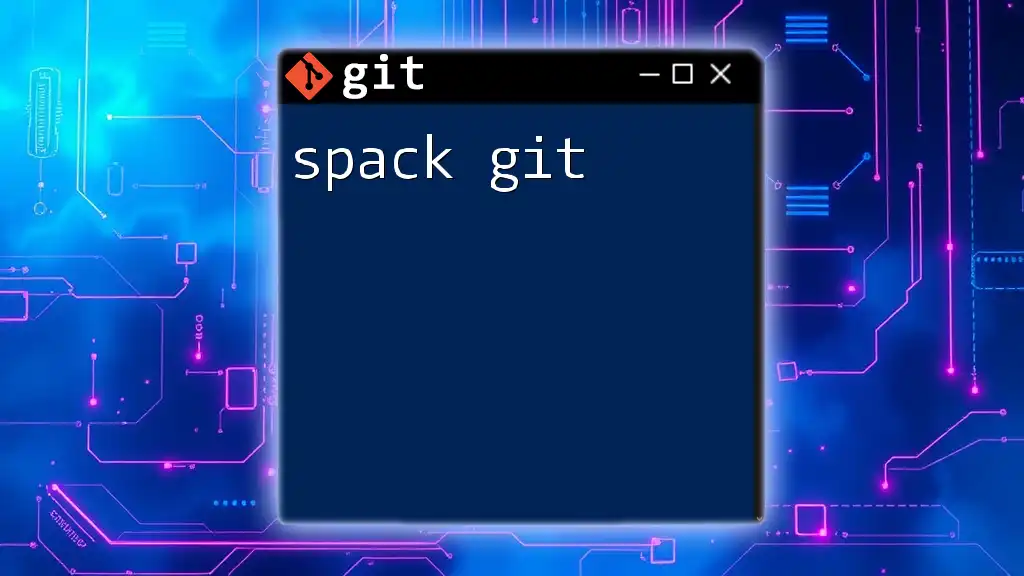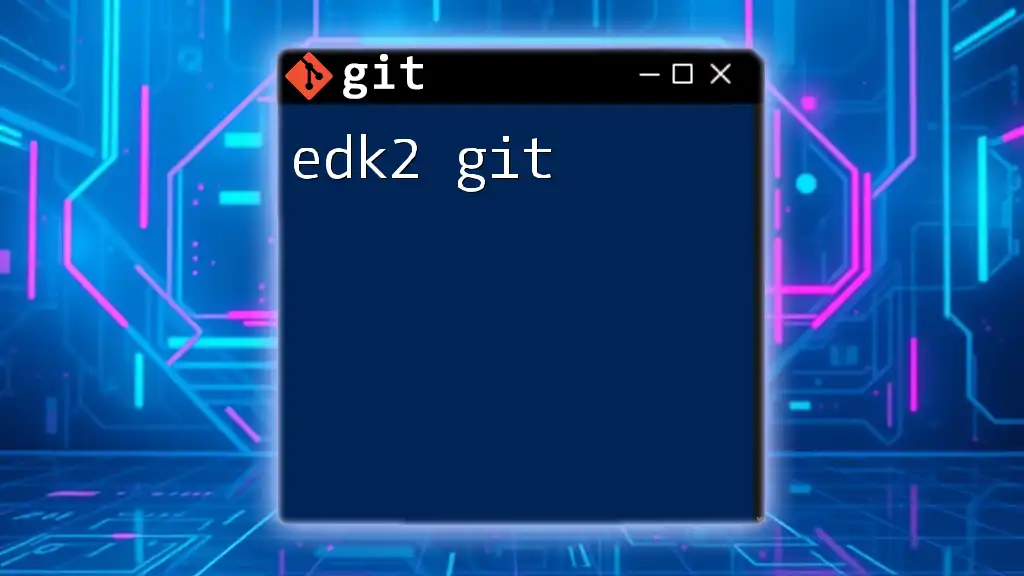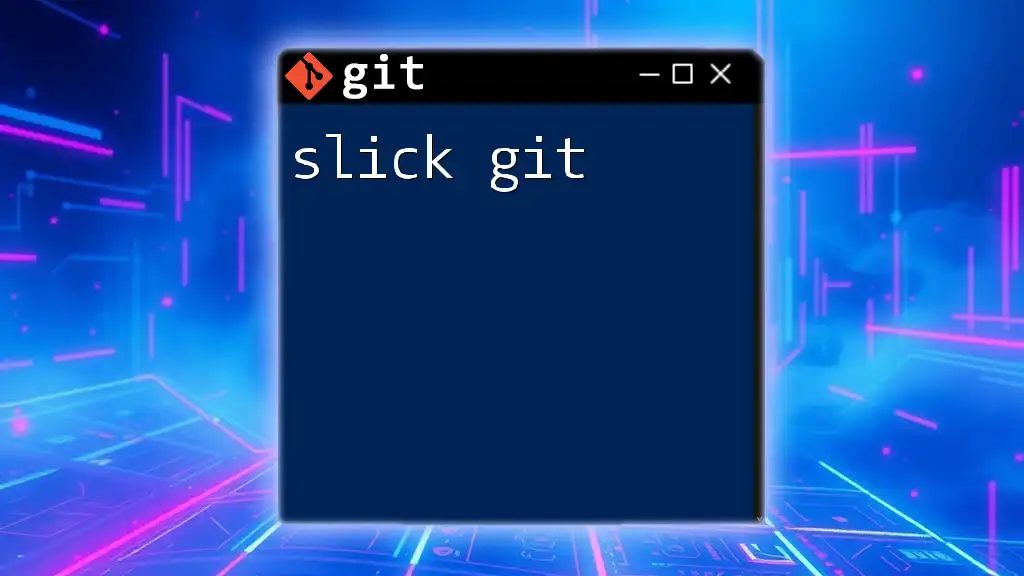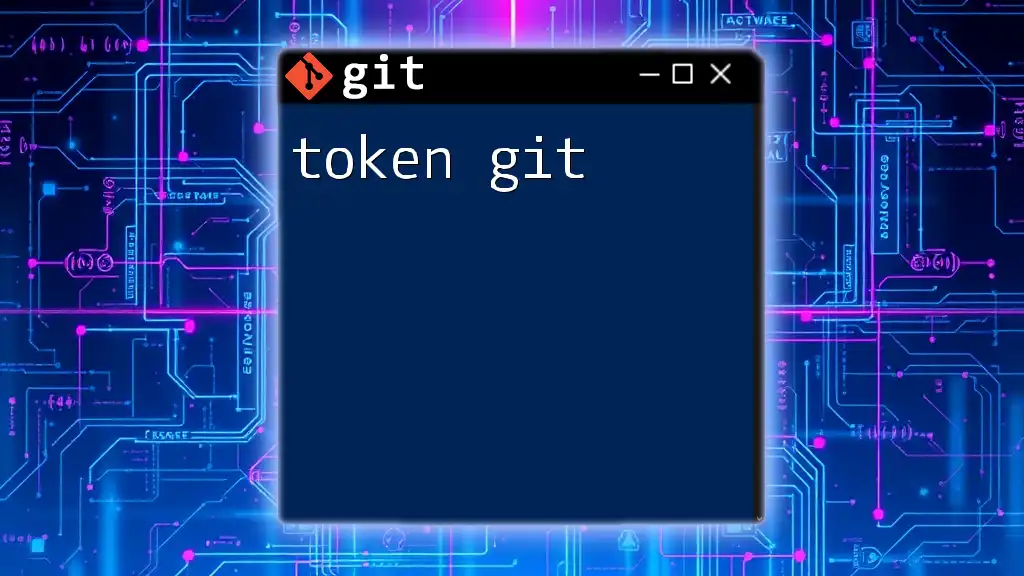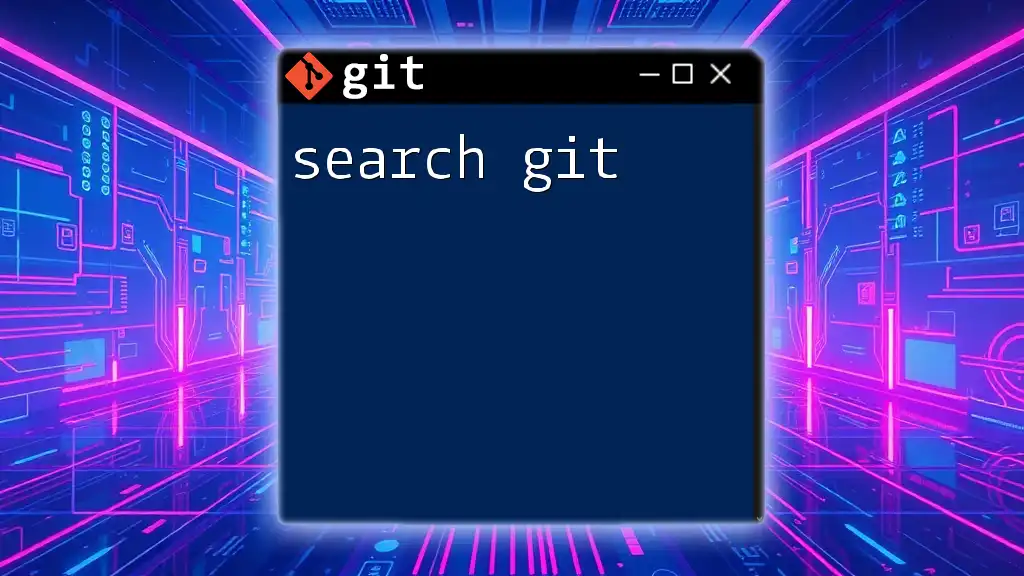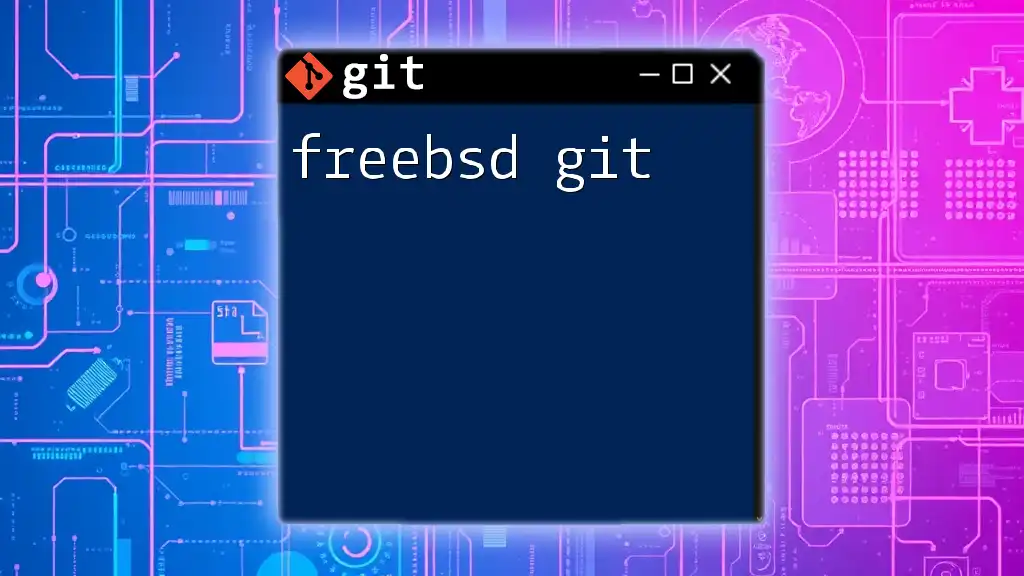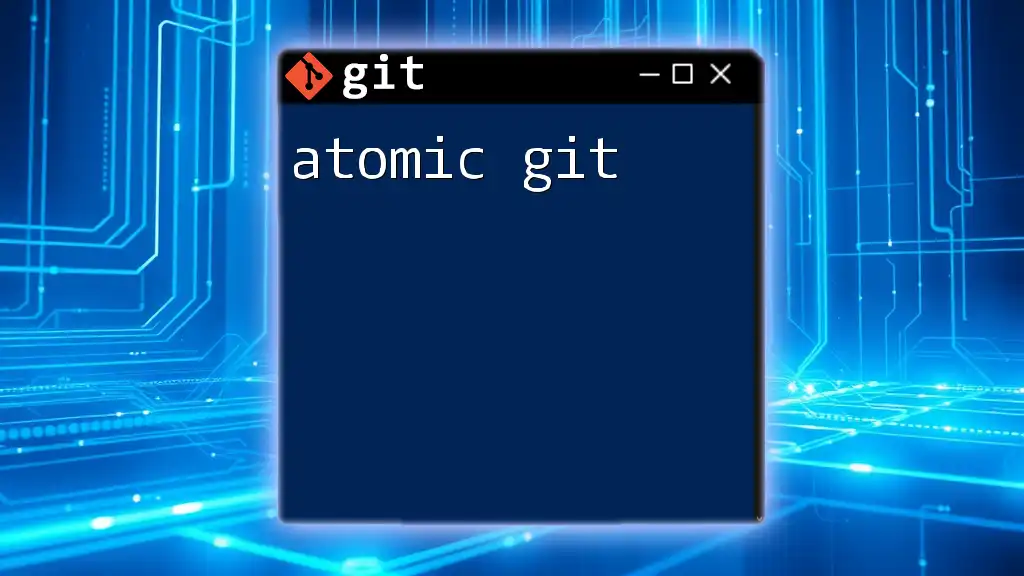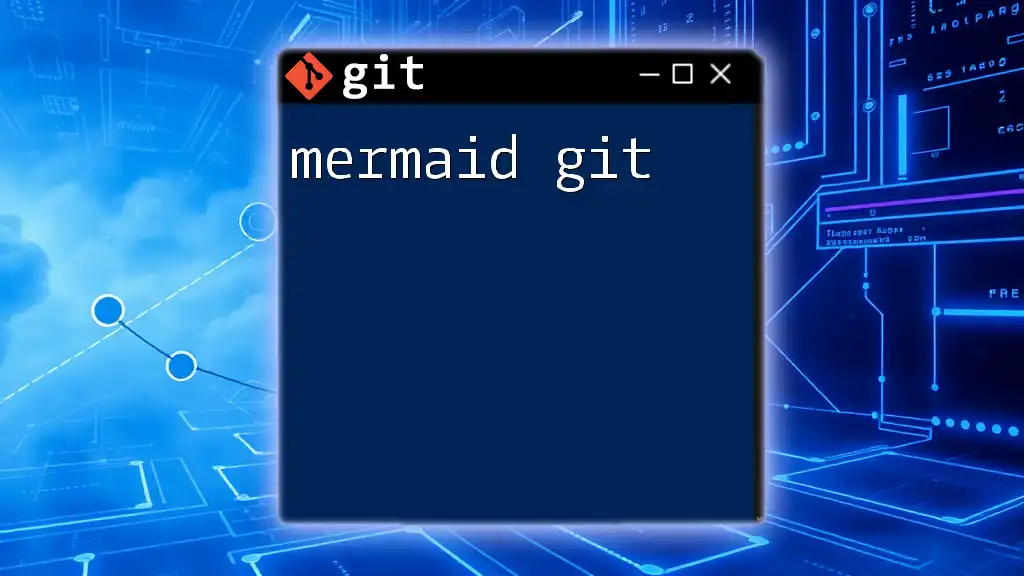"xkcd git" refers to a popular webcomic that humorously captures the complexities and quirks of using Git, often illustrating common Git commands and their usage in a lighthearted manner.
Here's a code snippet to demonstrate a basic Git command:
# Initialize a new Git repository
git init
The xkcd Git Comic: A Cultural Phenomenon
xkcd, known for its witty and relatable webcomics, has become a significant part of programming culture. Among its vast collection, there exists a comic specifically addressing Git — a version control system essential for software development. This particular comic offers a humorous take on common experiences that developers encounter while utilizing Git, thereby resonating deeply with those familiar with its intricacies.
Importance of Humor in Learning Git
Learning Git can sometimes be frustrating due to its complexity and the sheer number of commands available. Humor is an effective teaching tool that can alleviate stress and create an enjoyable learning atmosphere. By incorporating comics, such as those from xkcd, learners often find obscure commands or scenarios more approachable, which aids in understanding and retention.
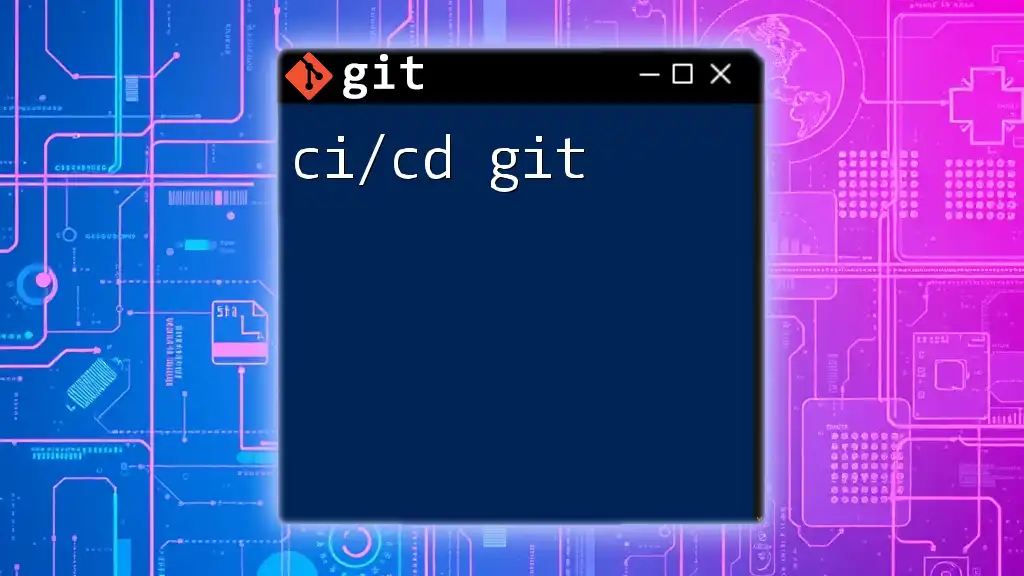
Analyzing the xkcd Git Comic
Understanding Git Commands Illustrated in the Comic
The xkcd Git comic cleverly encapsulates key Git concepts through humor. It often highlights the most commonly used commands and actions, making them memorable via relatable jokes. For instance, commands like `git commit` and `git push` are often depicted in light-hearted scenarios showcasing common mistakes or misunderstandings that developers might experience.
One particularly amusing aspect is how the comic illustrates the tendency of developers to forget to commit changes before pushing them to a remote repository. Missteps like these can lead to confusion and frustration, which the comic effectively mirrors through its humor.
Example:
When you want to record a change, you might use:
git commit -m "Initial commit"
This command succinctly captures the essence of Git — recording changes along with meaningful messages to mark milestones in your project.
Breaking Down the Humor
Often, the humor in xkcd comics comes from common scenarios that every developer experiences. Whether it's the agony of merging branches or the dread of accidental deletions, these humorous depictions help programmers connect with scenarios beyond just code. For instance, the comic may present a scenario where a developer merges two branches and realizes too late that they should have first checked for conflicts — a lesson learned through laughter!
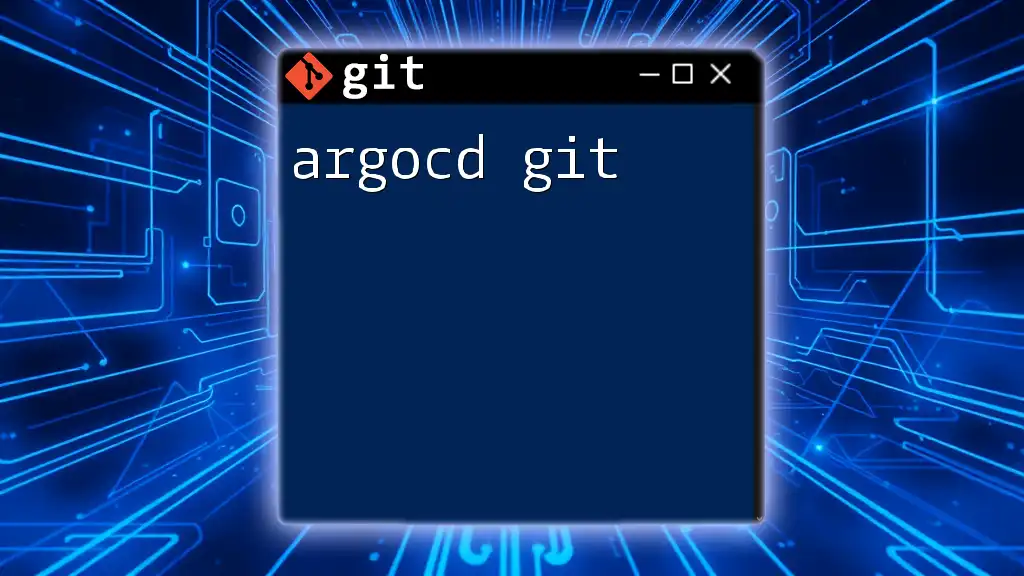
Practical Git Commands Illustrated by xkcd
Common Git Commands
git init
The starting point for any Git project is to initialize a new repository. It sets up a directory for tracking changes.
Example:
git init my_repository
This command creates a new Git repository, which acts as a foundation for all future tracking.
git status
A vital command for any Git user, `git status` provides an overview of the current state of your repository, including staged, unstaged, and untracked files.
Example:
git status
Knowing the state of your repository helps prevent potential errors before committing changes.
git add
This command is used to add files to the staging area before committing them. It helps you manage which changes you want to include in your next commit.
Example:
git add README.md
Understanding the difference between staging and committing is fundamental in Git workflow, as it allows you to curate the changes that go into your project history.
Branching with Git
git branch
Managing branches effectively is crucial for development, especially when working in teams. Keeping features separated allows for clean and organized workflows.
Example:
git branch feature-branch
Creating branches helps in working on new features or bug fixes without affecting the main codebase.
git merge vs. git rebase
While both commands are essential for integrating changes from one branch into another, their methods differ significantly.
Example of merging:
git merge feature-branch
Merging combines the histories of two branches, but may lead to complex merge commits if there are conflicts. In contrast, rebasing integrates changes in a cleaner, linear history but can rewrite commit history, leading to different implications in collaboration.
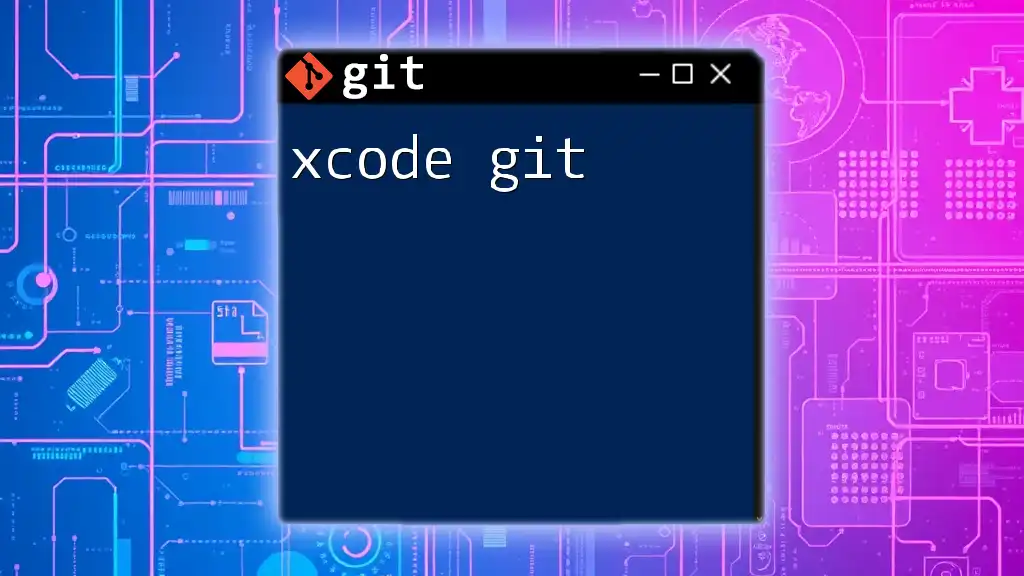
Learning from xkcd: Tips and Techniques
Utilizing Humor for Better Retention
Humor, such as that provided by the xkcd Git comic, fosters an engaging learning environment. By reflecting on amusing scenarios, learners can recall commands and concepts with greater ease. Encouraging laughter can also ease the tension surrounding complex topics, transforming the learning experience into something enjoyable and relatable.
Creating Your Own Git Comics
Don't hesitate to get creative! Encourage your peers or team members to craft their own funny Git anecdotes. Tools to use include:
- Online comic generators that can help turn your ideas into visuals
- Software designed for creating illustrations, such as Adobe Illustrator or free tools like Canva
Injecting humor into your learning can make Git not only functional but also fun.
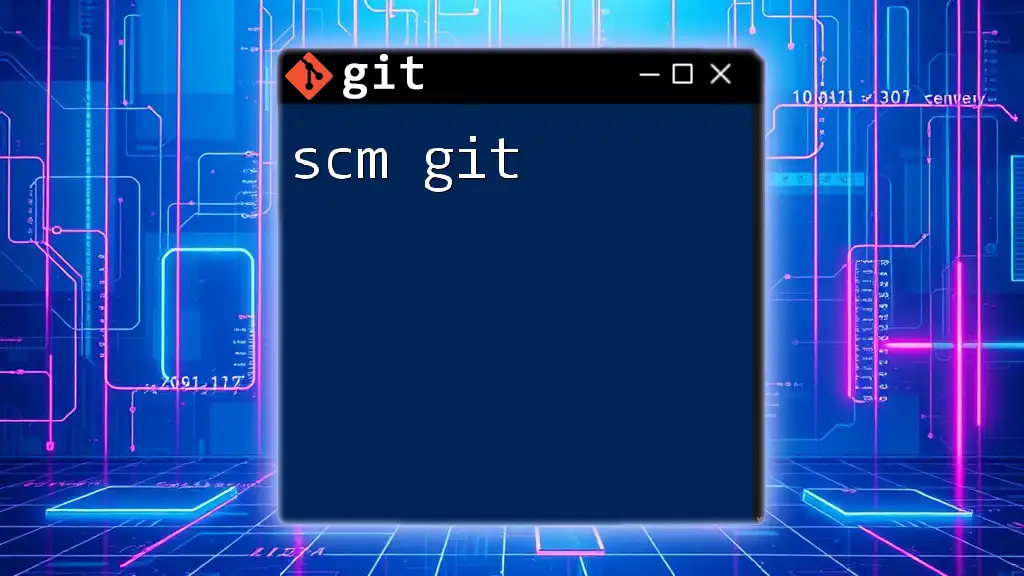
Conclusion
Reflecting on the impact of xkcd on our understanding of Git, it’s clear that integrating humor into technical education makes learning less daunting and infinitely more engaging. Git commands, often perceived as dry or complex, can be effectively illustrated through the lens of comedy. As you navigate the world of Git, remember that it’s okay to laugh at your mistakes and learn from them. With humor, patience, and practice, mastering Git is an achievable goal.
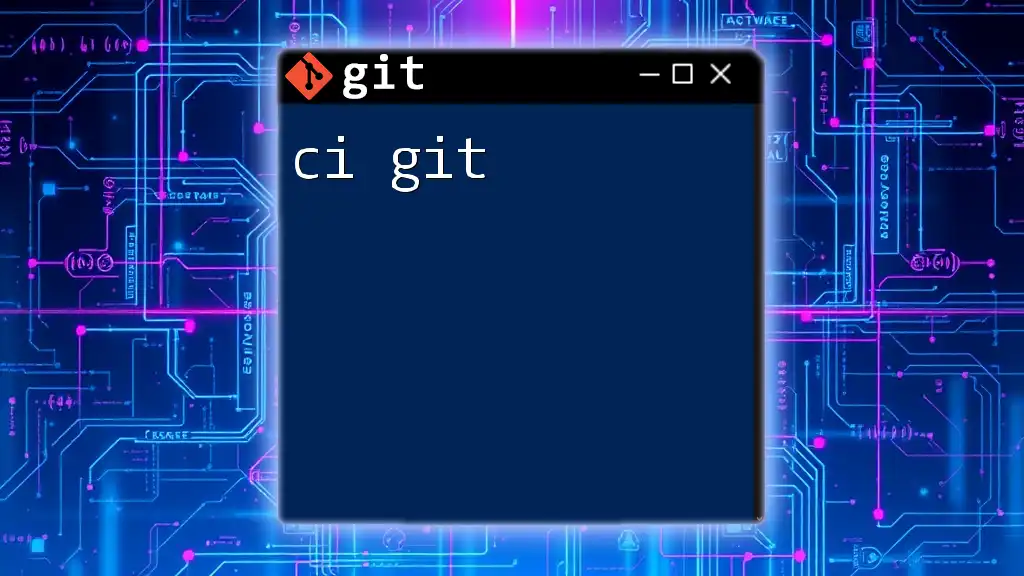
Additional Resources
For further reading on Git, consider delving into recommended books and online courses. Explore xkcd's extensive collection of comics that illustrate programming concepts and find those that resonate with your experiences in software development — laughter included!

